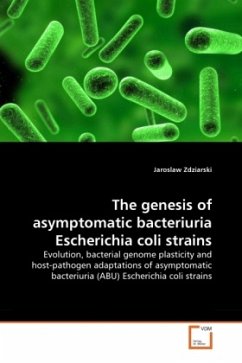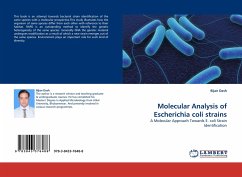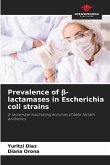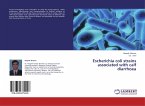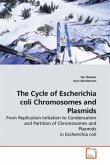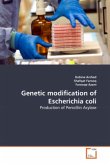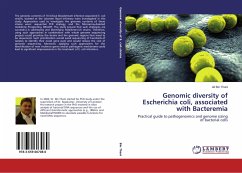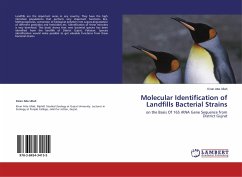Humans are home to so much wildlife, e.g. bacteria, which outnumber our cells by as many as 10 to 1. Here I discussed the evolution of asymptomatic bacteriuria (ABU), meaning colonization of the urinary tract without typical symptoms of a urinary tract infection (UTI). ABU isolates turned out to have remarkable genetic flexibility and often have no common progenitor. Reductive evolution by point mutations, DNA rearrangements and deletions resulted in inactivation of genes coding for several UTI-virulence factors. This supports the idea that a reduced bacterial activation of host mucosal inflammation promotes the ABU lifestyle, where gene regulation and genetic diversity enable bacteria to live and survive under continuously changing environmental conditions. I could demonstrate it here by employing human colonisation study, in which E. coli was exposed to different host backgrounds and adapt its colonisation strategy. This suggested that exposure of bacteria to the human immune response promotes genome plasticity thus being a driving force for the development of ABU and bacterial evolution within the urinary tract.
Bitte wählen Sie Ihr Anliegen aus.
Rechnungen
Retourenschein anfordern
Bestellstatus
Storno

